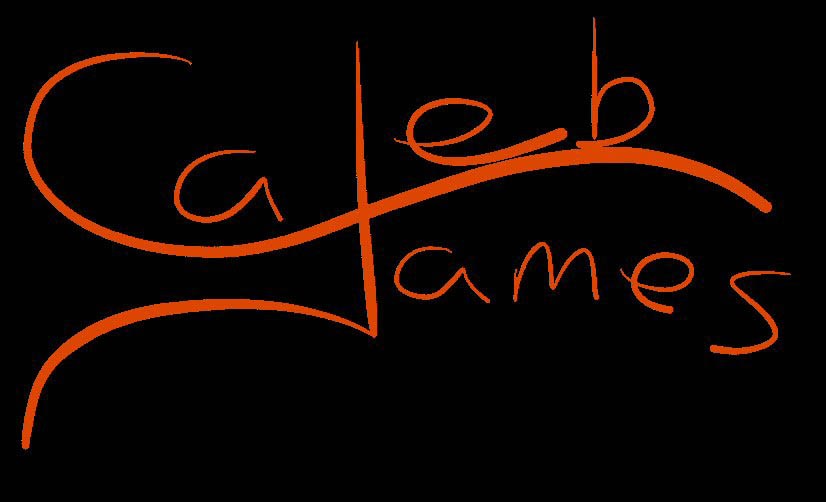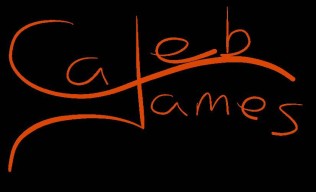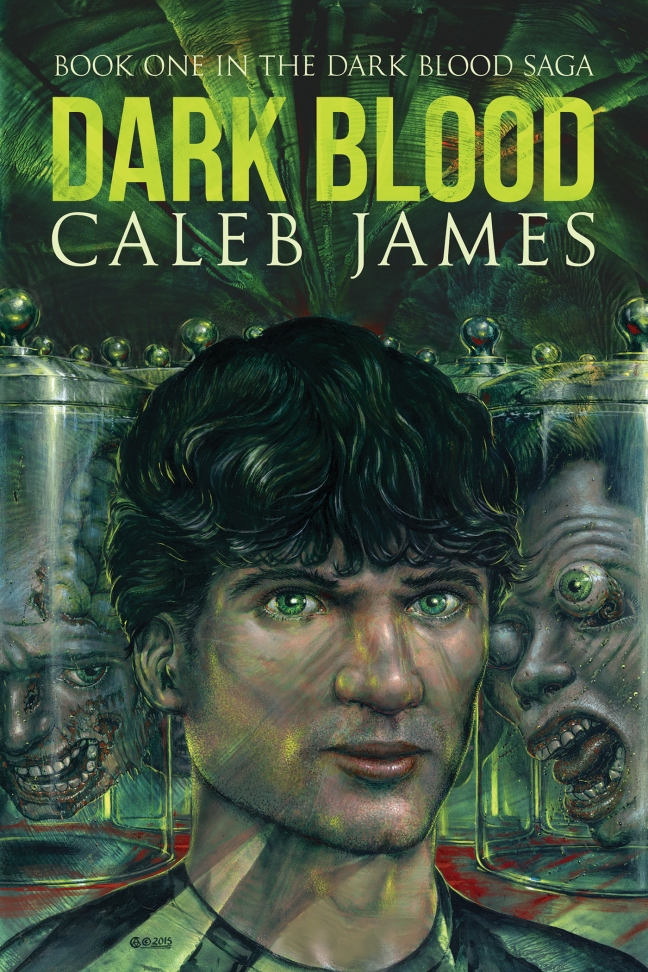I’ve always written heroes and heroines who swim outside the mainstream. From my first novel, written as Charles Atkins, The Portrait (St Martin’s Press) to this latest outing as Caleb James, Dark Blood (DSP Publications), I have wanted my characters to populate genre novels—mysteries, thrillers, and such—but to take the reader down less-traveled paths.
In The Portrait I wanted a murder mystery with a hero who had a realistic and serious mental illness—bipolar disorder. It provided a wonderful intersection of my passions—writing and psychiatry. That bipolar disorder runs in my family allowed me to use my front-row seat to good advantage.
When it was time for my second book, Risk Factor (St. Martin’s Press), I was evaluating many children and getting involved in grant applications to start programs for at-risk youth and families. What I learned during that period was how sociopaths come to be. It happens very early, and the causes are often found in extreme abuse, neglect, and abandonment before age two. In a sense, that book—also a mystery which begins with a nurse’s murder on an inpatient adolescent psychiatric unit—is my Frankenstein story. Or how you too can create a monster in a few simple steps. The heroine in that book is a single mother of two whose marriage falls apart in the face of her husband’s infidelity. She provided a wonderful foil to my villain as she struggled to raise her kids with limited resources, but tremendous strength and love.
In my personal life I experienced a trauma with a devastating house fire. From the ashes of that, I penned The Cadaver’s Ball (St. Martin’s Press), with its traumatized psychiatrist protagonist who was unable to rescue his wife and watched her burn to death.
And so it’s gone. I worked in geriatric psychiatry and this led to a series of cozies with two older female protagonists… who fall in love with each other. The most recent of these, Done to Death (Severn House) was even a finalist for a Lambda award. As an aside, my work with hundreds of people with dementia and Alzheimer’s also led to a nonfiction Q&A book written as Charles Atkins, MD—The Alzheimer’s Answer Book (Sourcebooks).
And then one year at Book Expo America in New York I met Elizabeth North and the Dreamspinner crew. This was at a time where many/most of the LGBT imprints and publishers had left the market. Suddenly I knew where I was going to head next. Readers in the LGBT communities have to look long and hard to find our voices in mainstream and genre fiction. For pleasure readers, those who like mysteries, romance, thrillers, and the like, getting quality work where we are in the starring roles is a challenge, for the voracious reader, finding it in bulk is impossible.
I grew up in a family where we chewed through thousands of romance novels. I have no idea why this was our shared addiction. Shopping bags filled with paperbacks from the local swap shop would come into and leave the house. My vocabulary was seriously impacted by regency romances. And while I gobbled these down, alongside a lot of Alfred Hitchcock Presents, Bram Stoker, and anything and everything horror, it was hard to find my reflection in the faces of the heroes and heroines. And so, after a dozen or more novels and a few nonfiction books, including a textbook, into my writing career, I wrote Haffling (Harmony Ink/DSP Publications).
To say that Haffling, my first young adult novel, wrote itself is disingenuous. But my fingers flew as I birthed Alex Nevus, his mentally ill mother Marilyn, and his sister Alice with her weirdling ways. As with all my fiction, I view it as mainstream. The fact that my protagonist is a sixteen-year-old gay kid is both important and irrelevant. He’s the hero. Full stop. He needs to do what heroes do—confront the villain and his own fears and insecurities and overcome them.
With my latest, Dark Blood (DSP Publications), I’ve again chosen to have a strong, openly gay hero and to drop him into an intense cat-and-mouse thriller with paranormal and magical realism overlays. It’s currently my favorite kind of novel, and I feel excited and privileged to be able to write—and publish—the books I want to create, with heroes and heroines who fight the good fight and travel different and more nuanced paths.


